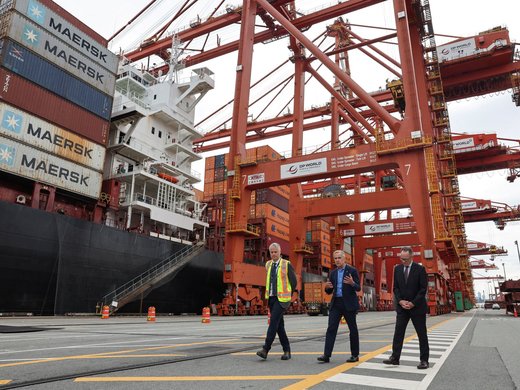Both the United Kingdom and the United States have embarked on a new trade policy emphasizing the importance of bilateral trade agreements. While the current US administration resents multilateralism and plurilateralism, the UK trade policy remains firmly anchored in commitments to the multilateral trading system. Despite different underpinnings, the new bilateralism on both sides of the Atlantic will not be able to bring about appropriate regulatory cooperation and coherence in addressing global value chains and high levels of division of labour. Instead, future UK trade agreements will have to adjust to the rules of larger markets and thus oblige industry to produce in accordance with a multitude of different and costly standards. The new trade policy fails to recognize that the problems of a highly integrated world economy no longer can be successfully dealt with bilaterally. The paper emphasizes the need to address regulatory issues in multilateral or plurilateral fora. Should Britain leave the European Union and the Customs Union, efforts to bring about a transatlantic partnership succeeding Transatlantic Trade and Investment Partnership negotiations and including the European Union, United Kingdom, United States, Canada and the European Free Trade Association are particularly warranted.


